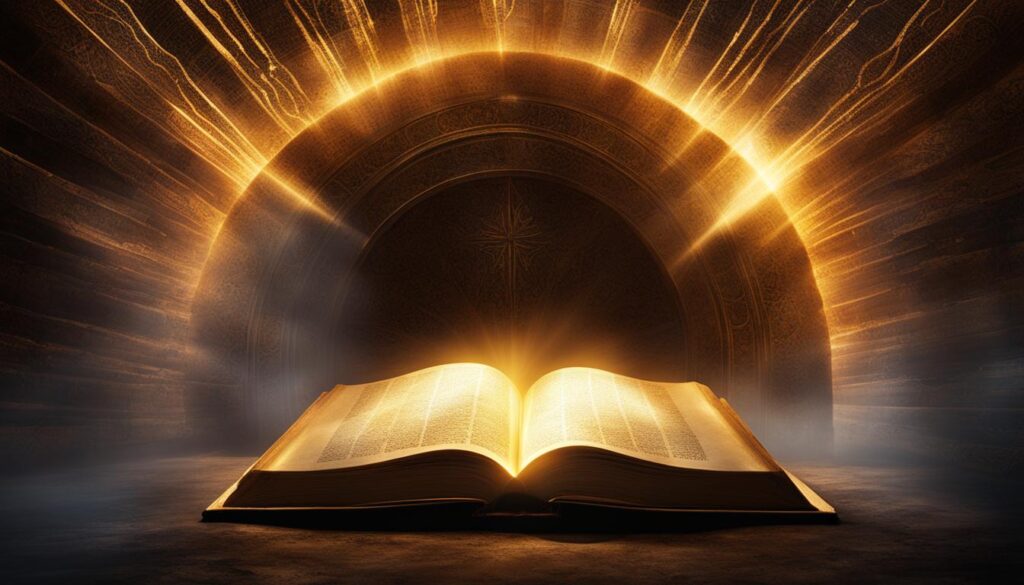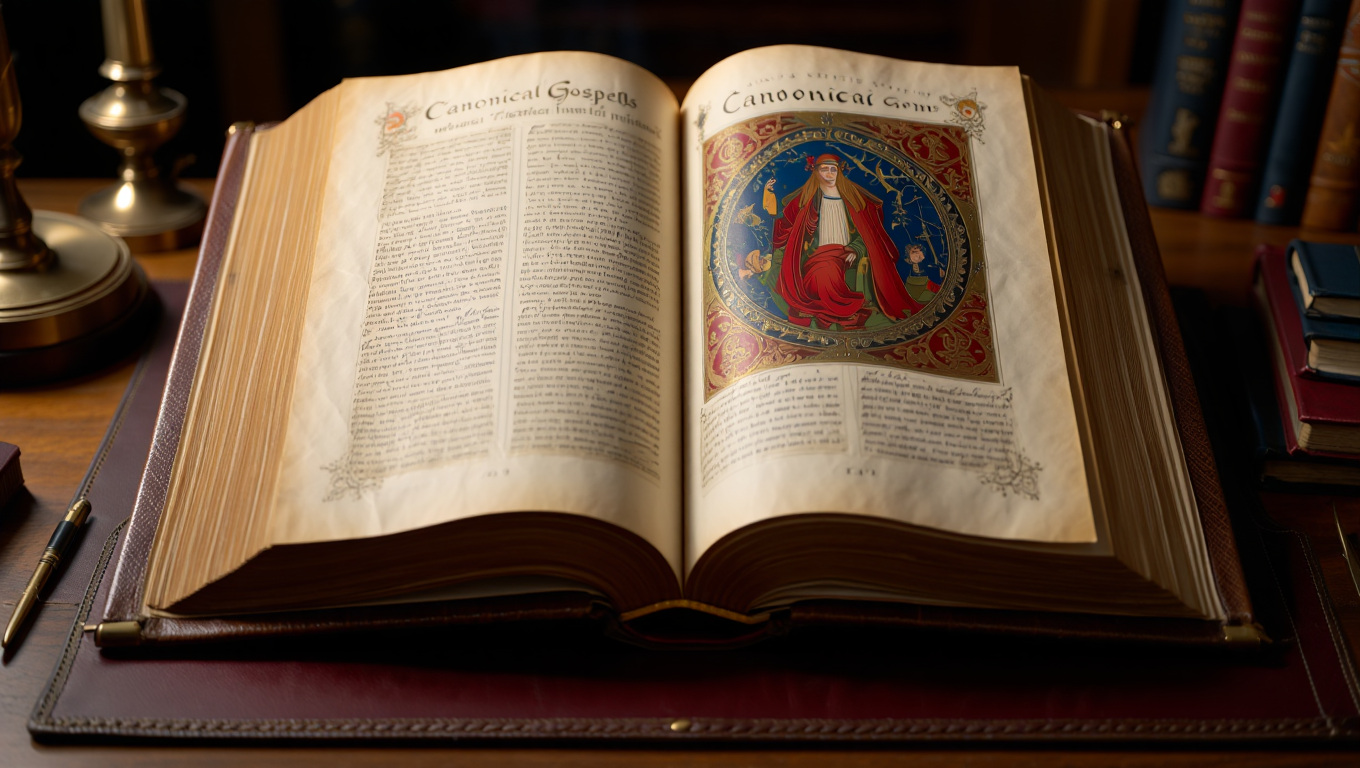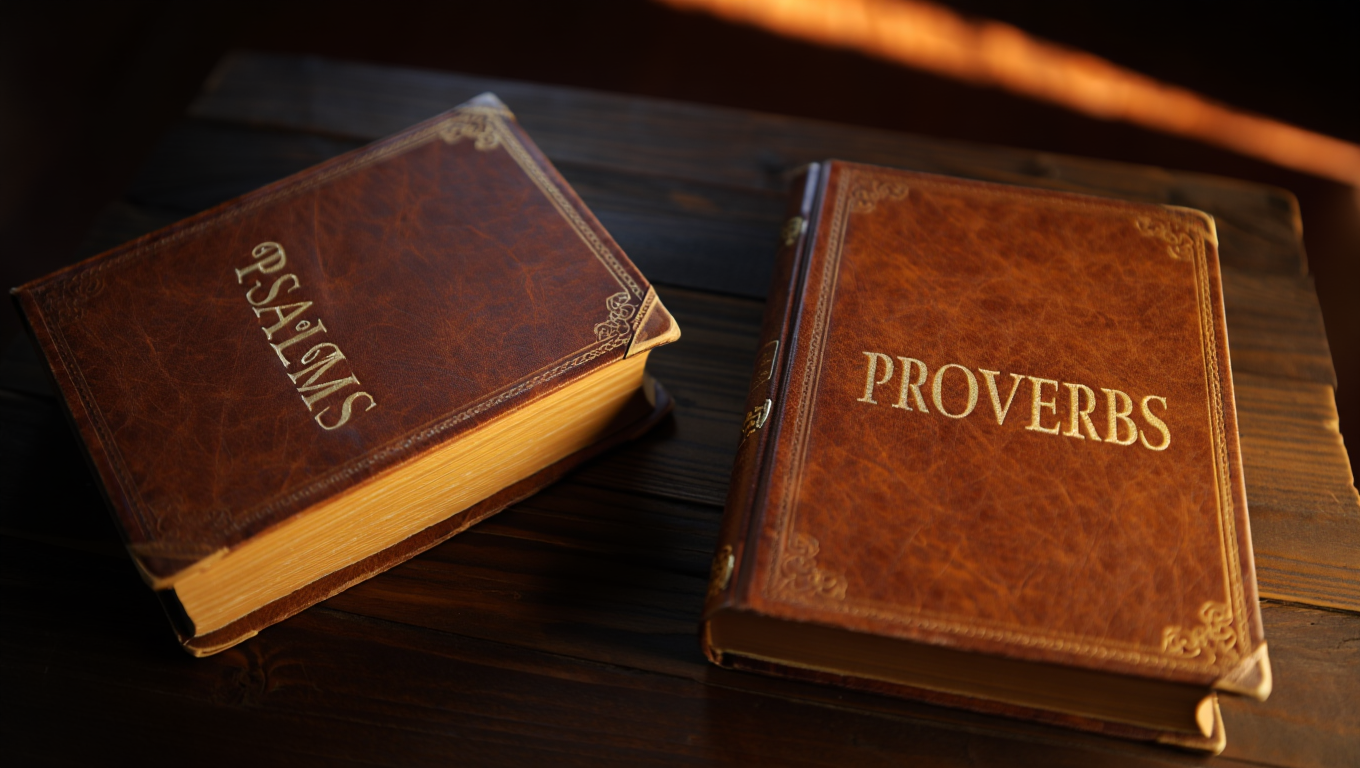The Book of Enoch and the Book of Revelation are both ancient texts that offer unique perspectives on celestial beings, divine judgment, and the future. While the Book of Enoch is considered non-canonical in most Christian and Jewish traditions, the Book of Revelation is included in the New Testament canon. Understanding the differences and similarities between these texts can provide a deeper insight into biblical and apocalyptic literature.
Key Takeaways:
- The Book of Enoch explores the origins of demons and Nephilim while the Book of Revelation focuses on the end times and the final judgment.
- The Book of Enoch is attributed to the patriarch Enoch, while the Book of Revelation is believed to be authored by John the Apostle.
- The Book of Enoch is not considered scripture by the majority of Jewish or Christian church bodies, while the Book of Revelation is included in the New Testament canon.
- References to the Book of Enoch can be found in the New Testament, indicating its influence on early Christian writers.
- Exploring the differences and similarities between the Book of Enoch and the Book of Revelation enhances our understanding of ancient Jewish and early Christian traditions.
Origins and Canonicity of the Book of Enoch
The Book of Enoch is attributed to the patriarch Enoch, the father of Methuselah and great-grandfather of Noah. It contains a collection of writings that date back to around 300-200 BC, with the latest part possibly written around 100 BC. The book was not included in the formal canon of the Tanakh or the Septuagint, and it is not considered scripture by the majority of Jewish or Christian church bodies.
However, the Ethiopian Orthodox Tewahedo Church and the Eritrean Orthodox Tewahedo Church regard it as canonical and include it in their official scriptures. The canonicity of the Book of Enoch has been a subject of debate, with some early Church Fathers considering it authoritative and others rejecting it as heretical or not on par with the other prophetic books.
In Jewish tradition, the book was not preserved in the mainstream religious texts, possibly due to its apocalyptic and mythological nature. Similarly, Christian views on the Book of Enoch vary. Some consider it as inspired and valuable for historical and theological insights, while others view it as non-canonical and outside the scope of authoritative scripture.
| Enoch as the author of the Book of Enoch | Jewish Views | Christian Views |
|---|---|---|
| Enoch is traditionally considered the author of the Book of Enoch. | The book was not preserved in the mainstream religious texts of Judaism. | Views on the Book of Enoch vary among Christians, with some considering it inspired and valuable for historical and theological insights. |
| Others view it as non-canonical and outside the scope of authoritative scripture. |
Themes and Messages in the Book of Enoch
The Book of Enoch delves into various themes that provide unique insights into ancient beliefs and stories. One prominent theme is the origin of demons and Nephilim, which are the result of fallen angels consorting with human women. The book presents a mythological narrative that explores the consequences of this forbidden union, including the birth of giants and the corruption of the natural order. It sheds light on the cosmic battle between good and evil, offering a deeper understanding of the spiritual realm and the forces at play in the world.
Additionally, the Book of Enoch addresses the impending flood and the judgment of the Nephilim and their offspring. It provides a prophetic perspective on the intervention of God in human affairs and the consequences of disobedience. Through its vivid descriptions and detailed accounts, the book offers a glimpse into the moral and spiritual dimensions of the ancient world.
In contrast, the Book of Revelation focuses on the end times, the final judgment, and the establishment of God’s kingdom on earth. It presents a vision of cosmic events and the ultimate triumph of Christ over evil. The book is filled with symbolic imagery, including seven seals, trumpets, and bowls that represent different stages in God’s plan for humanity. It explores themes of persecution, redemption, and the ultimate victory of righteousness.
The Origins of Demons and Nephilim
The Book of Enoch provides a unique perspective on the origins of demons and Nephilim, shedding light on the influence of fallen angels on human history. According to the book, these fallen angels, known as the Watchers, descended to Earth and took human wives, resulting in the birth of hybrid beings known as Nephilim. The Nephilim were powerful and corrupt, and their presence on Earth corrupted the natural order established by God. The book explores the consequences of this angelic transgression and the subsequent judgment of the Watchers and their offspring.
End Times in the Book of Revelation
The Book of Revelation focuses on the end times and the final judgment of the world. It presents a series of visions and prophecies that depict the cosmic battle between good and evil, culminating in the return of Christ and the establishment of God’s kingdom on Earth. The book describes the tribulations faced by believers and the ultimate victory of righteousness over sin and death. It offers a message of hope and encouragement to those enduring persecution and trials, reminding them of the glorious future that awaits them in God’s eternal kingdom.
| Themes in the Book of Enoch | Themes in the Book of Revelation |
|---|---|
| The origins of demons and Nephilim | End times and the final judgment |
| The fallen angels and their role in human history | Persecution and triumph of righteousness |
| The corruption of the natural order | The establishment of God’s kingdom on Earth |
References and Influences of the Book of Enoch in the New Testament
The Book of Enoch, although not universally considered canonical, has left its mark on the New Testament through references and influences in various passages. These connections shed light on the familiarity and potential significance of the Book of Enoch to early Christian writers.
References in the Epistle of Jude
In the Epistle of Jude, Enoch is specifically cited as a prophetic figure who spoke about the Lord’s second coming and the judgment of the ungodly. The reference is found in verses 14-15:
“Enoch, the seventh from Adam, prophesied about them: ‘See, the Lord is coming with thousands upon thousands of his holy ones to judge everyone, and to convict all of them of all the ungodly acts they have committed in their ungodliness, and of all the defiant words ungodly sinners have spoken against him.'”
This passage indicates that the author of Jude was familiar with the Enochian material and considered it relevant to the message being conveyed.
Allusions in the Epistle of Peter
There are also indirect references to the Book of Enoch in the Second Epistle of Peter. In 2 Peter 2:4-5, it mentions the imprisonment of the angels who sinned and the preservation of Noah and his family during the time of the flood:
“For if God did not spare angels when they sinned, but sent them to hell, putting them in chains of darkness to be held for judgment; if he did not spare the ancient world when he brought the flood on its ungodly people, but protected Noah, a preacher of righteousness, and seven others;”
These allusions suggest that the author of 2 Peter drew upon Enochian material to reinforce theological points and highlight the consequences of sin.
| References to the Book of Enoch in the New Testament | Influence of the Book of Enoch on the New Testament | Enochian material in the New Testament |
|---|---|---|
| Epistle of Jude | Epistle of Peter | Epistle of Jude |
| Enoch is quoted as a prophetic figure | Allusions to the angels who sinned and the flood | Citations from Enoch’s prophecies |
| Emphasizes the Lord’s second coming and judgment | Highlights the consequences of sin | Reinforces theological points |

While these references and allusions indicate the awareness and utilization of Enochian material, it is important to note that the New Testament writers did not accord the Book of Enoch the same level of authority as the canonical scriptures. The Book of Enoch’s influence on the New Testament can be seen as a demonstration of the richness and diversity of early Jewish and Christian thought, providing valuable insights into the historical and theological context of the ancient world.
Conclusion
The Book of Enoch and the Book of Revelation provide distinct perspectives on celestial beings, divine judgment, and the future. While the Book of Enoch is not considered canonical in most Christian and Jewish traditions, it offers insights into the origins of demons and Nephilim, as well as a prophetic exposition of the Messiah’s reign. In contrast, the Book of Revelation, included in the New Testament canon, focuses on the end times, the final judgment, and the establishment of God’s kingdom.
Despite their differences in canonicity, both books share common themes and references. They both address the apocalyptic nature of the world and offer glimpses into the divine plan for humanity. The Book of Enoch’s unique mythological narrative complements the Book of Revelation’s symbolic imagery, creating a rich tapestry of biblical and apocalyptic literature.
Studying the differences and similarities between the Book of Enoch and the Book of Revelation can deepen our understanding of these ancient texts and shed light on the interconnectedness of Jewish and early Christian beliefs. Whether regarded as non-canonical or part of the New Testament, both books contribute to our understanding of celestial realms, divine judgment, and the future of humanity.
FAQ
What is the difference between the Book of Enoch and the Book of Revelation?
The Book of Enoch and the Book of Revelation are ancient texts with distinct narratives and messages. The Book of Enoch is considered non-canonical in most Christian and Jewish traditions, while the Book of Revelation is included in the New Testament canon. The Book of Enoch focuses on the origins of demons and Nephilim, while the Book of Revelation describes the end times and the final judgment.
Where does the Book of Enoch come from and is it considered scripture?
The Book of Enoch is attributed to the patriarch Enoch and contains a collection of writings dating back to around 300-200 BC. It is not considered scripture by the majority of Jewish or Christian church bodies. However, the Ethiopian Orthodox Tewahedo Church and the Eritrean Orthodox Tewahedo Church regard it as canonical.
What are the main themes in the Book of Enoch?
The Book of Enoch explores the origins of demons and Nephilim, the fallen angels who engaged in misconduct with human women. It also addresses the impending flood and the judgment of the Nephilim and their offspring.
Is the Book of Enoch referenced in the New Testament?
Yes, the Book of Enoch is referenced in the New Testament. The Epistle of Jude quotes Enoch as a prophetic figure who spoke about the Lord’s second coming and the judgment of the ungodly. There are also allusions to Enochian material in the Epistle of Peter.
What is the conclusion on the difference between the Book of Enoch and the Book of Revelation?
The Book of Enoch and the Book of Revelation offer unique perspectives on celestial beings, divine judgment, and the future. While the Book of Enoch is not considered canonical in most Christian and Jewish traditions, it provides insights into the origins of demons and Nephilim and offers a prophetic exposition of the Messiah’s reign. The Book of Revelation, on the other hand, focuses on the end times, the final judgment, and the establishment of God’s kingdom. Exploring the differences and similarities between these texts can contribute to a deeper understanding of biblical and apocalyptic literature.
 Skip to main content
Skip to main content


